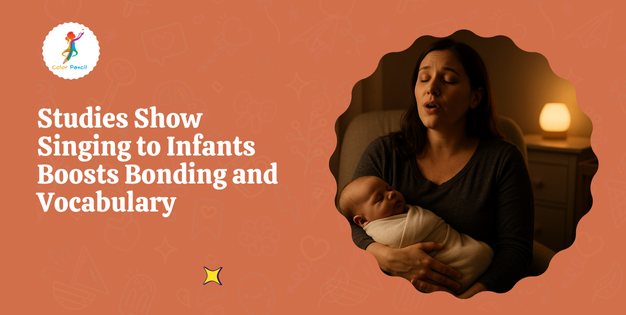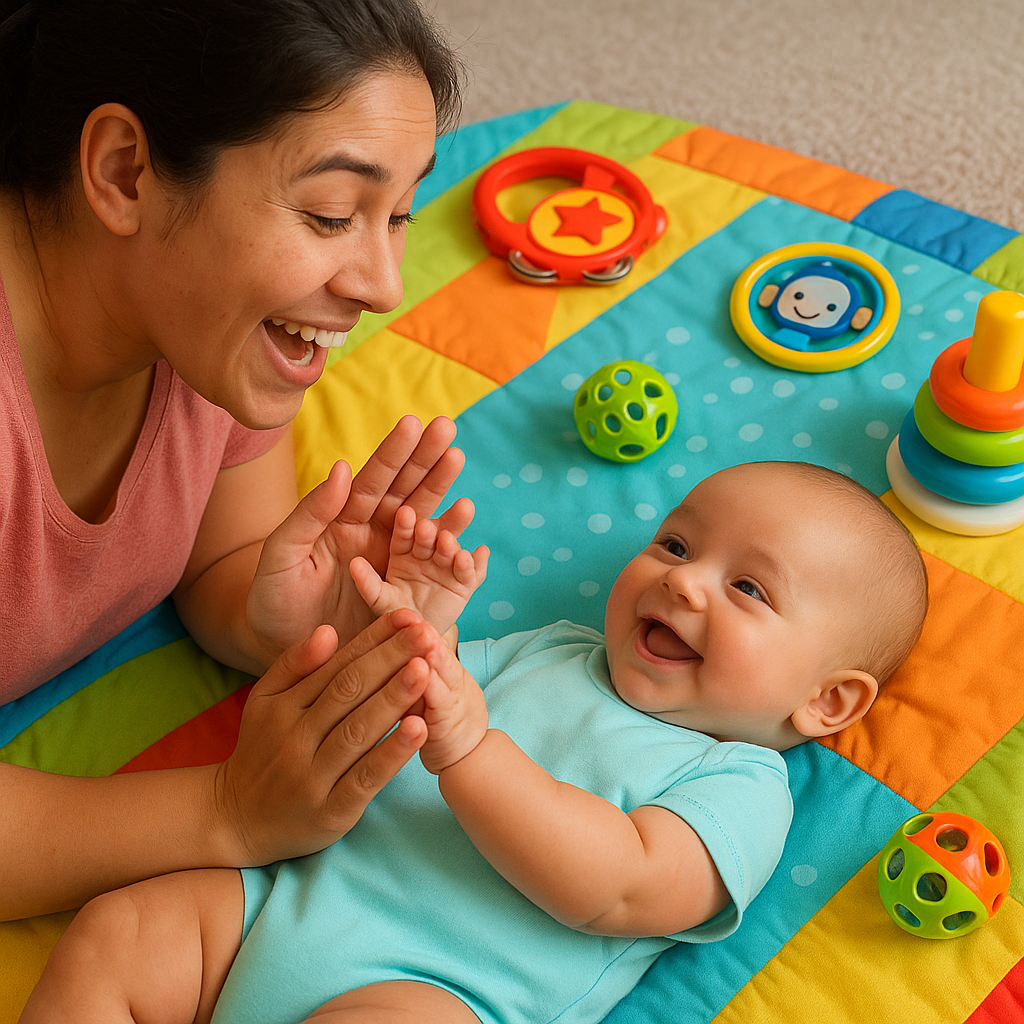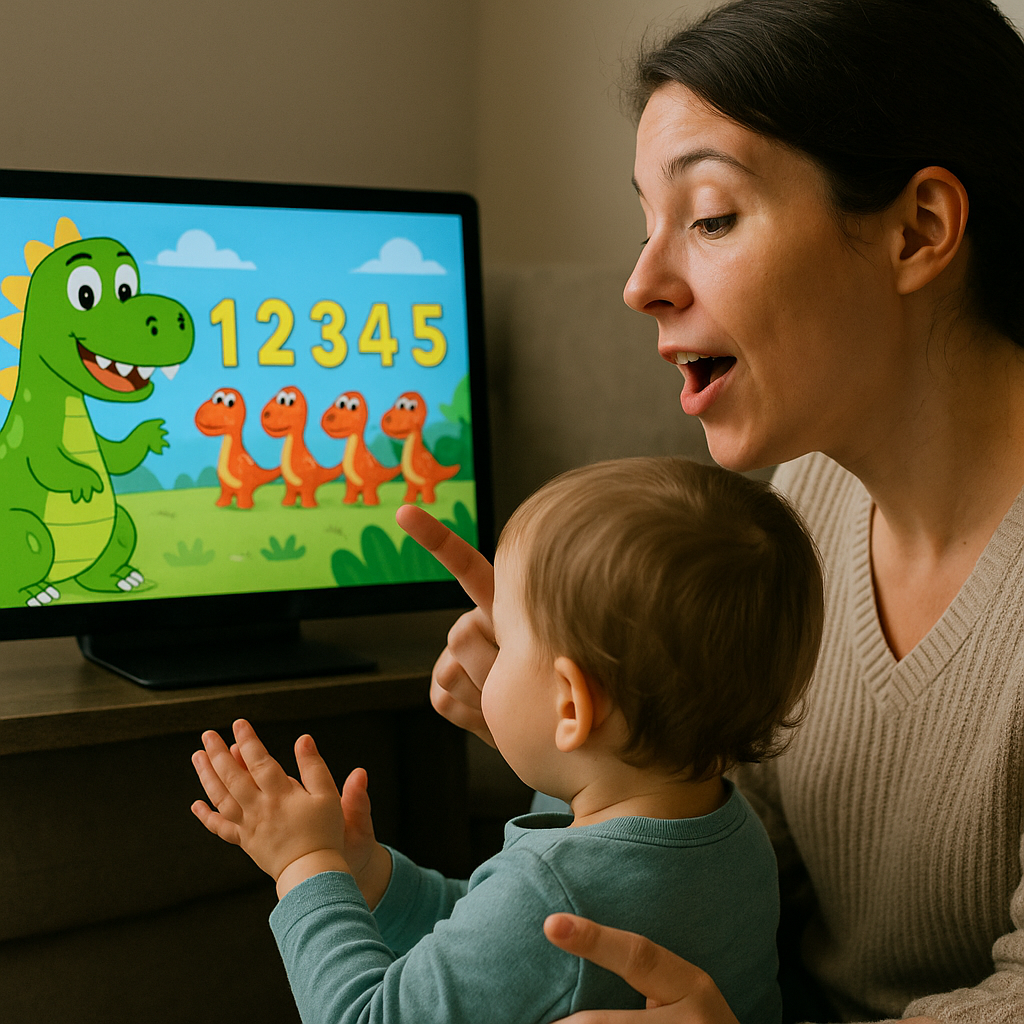
Top 10 Flashcard Combos for Holistic Toddler Learning
Did you know that up to 80% of a toddler’s brain develops in the first five years? As a parent, you’re likely eager to give

You may already hum a lullaby or sing your favorite song to soothe your baby—but what if those sweet sounds are doing more than calming cries? According to new research, singing to infants plays a powerful role in boosting both bonding and early vocabulary.
Let’s explore why this simple habit is gaining attention from doctors and researchers—and how you can use music to nurture your baby’s brain from the very beginning.

Studies have shown that singing to infants stimulates brain areas tied to memory, attention, and language. Compared to just talking, singing holds their focus longer, provides emotional comfort, and introduces rhythm and repetition—key tools for early language learning.

Music is more than background noise—it’s brain food.
Both are essential, but singing offers unique advantages in early development:
| Talking to Baby | Singing to Baby |
| Helps develop conversational rhythm | Adds melody and emotion |
| Teaches natural speech patterns | Strengthens memory and attention |
| Builds social and verbal cues | Encourages word retention through repetition |
Think of talking as teaching conversation, and singing as teaching language and tone.
Babies are naturally drawn to musical patterns. Singing introduces them to:
This builds the foundation for early babbling, word formation, and even eventual reading skills. Music and rhythm play a huge role in early language development, and your influence can shape your child’s future musical preferences. Check out how parents shape their kids’ music taste to create a strong foundation for both language and musical appreciation.
So yes—your off-key singing matters more than you think!

Lullabies offer something magical: a mix of comfort, rhythm, and face-to-face attention. When you sing a lullaby, you’re:
Even five minutes of singing before bedtime can become a deeply bonding and brain-boosting ritual.
Singing supports early language—and early math too! Pair your lullabies with engaging, educational songs that reinforce numbers, rhythm, and vocabulary.
🎥 Title: Count 1 to 20 with Dinosaurs | Number Song for Toddlers | Color Pencil TV
This lively number song features dinosaur friends that count from 1 to 20 with catchy music, movement, and visual learning. Perfect for post-nap play or morning routines!
You don’t need to be a “good” singer—just a present one.
Babies aren’t judging your pitch. What they respond to is your voice, your closeness, and your expression. Whether you hum, sing a nursery rhyme, or make up a silly tune, it all supports your baby’s learning and connection to you.

Feeling Overwhelmed? Let’s Talk! Join Our Parent Forum and Get Expert Advice & Support!
It boosts bonding, strengthens memory, supports emotional regulation, and enhances early vocabulary and speech development.
Both are important, but singing offers rhythm and repetition that improve word retention and auditory skills.
Lullabies, nursery rhymes, and simple repetitive songs are ideal. You can even make up your own tunes!
Daily is best—even short moments while feeding, bathing, or putting them to sleep can make a difference.
Yes! Repetition, melody, and rhythm can accelerate language milestones and help babies form words earlier.